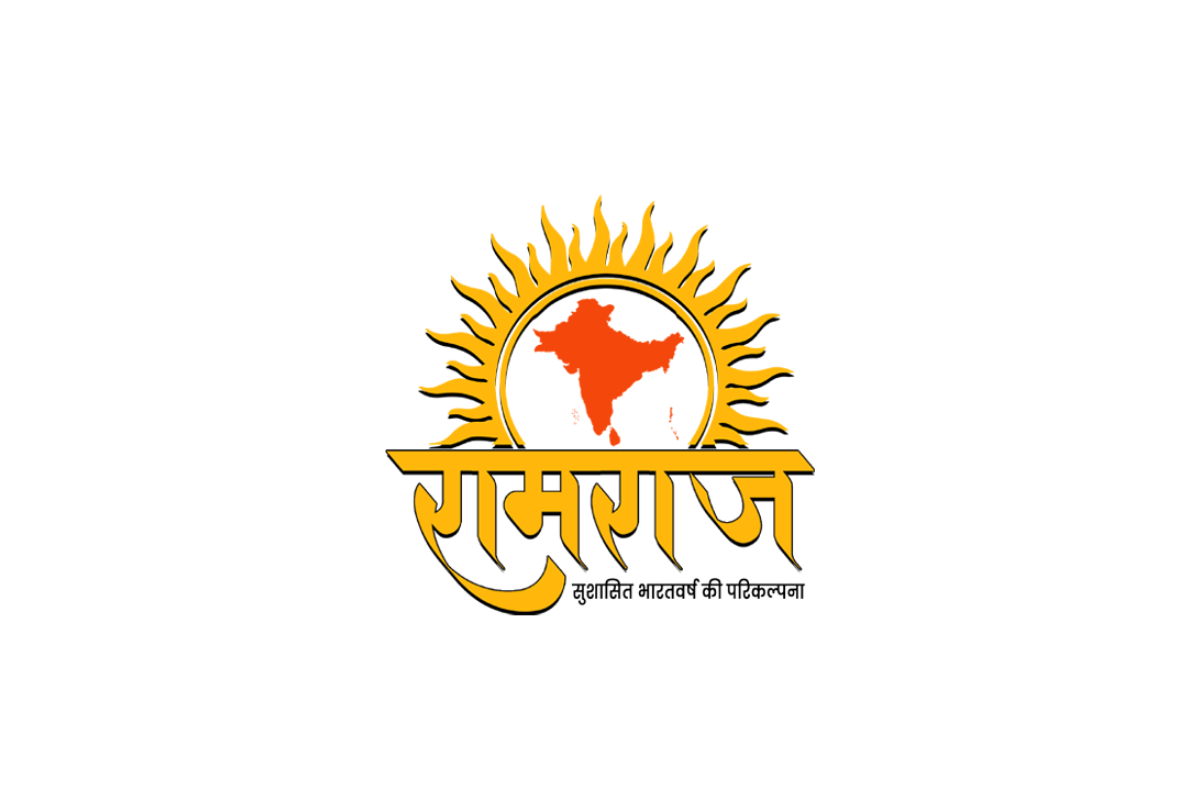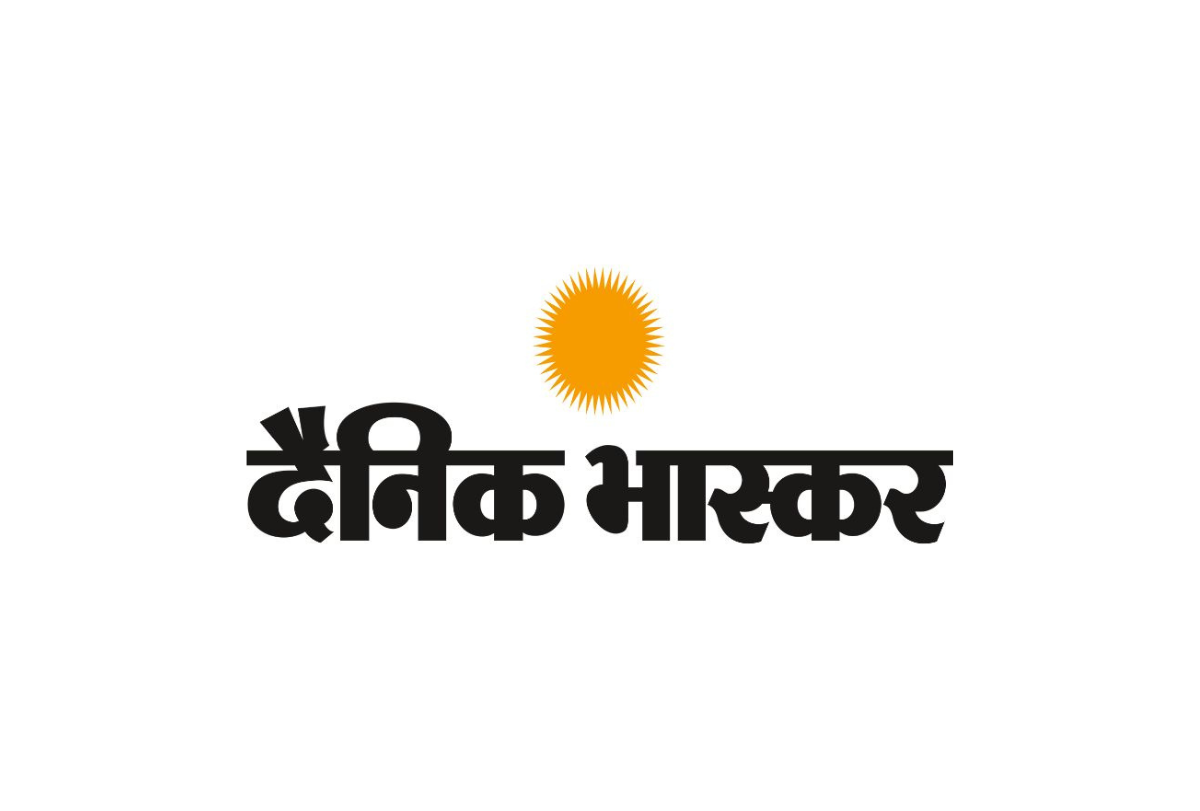Even in the peak winter season, when it is still dark outside, Sona Patel’s day starts at 5 AM. As soon as she wakes up, she heads to the cattle shed where two cows, two buffaloes and four goats await her. She unties them, and then ties them back at the khuta (spot designated for collection of cattle dung). Only after this daily ritual, does her other morning chores start. Apart from providing milk, her cattle is a sought-after source of dung, which Patel uses to make vermicompost.
Patel is a resident of Bapdud village in Madhya Pradesh’s Dhar district — situated at a distance of about 300 kilometres from state capital Bhopal.
“12 baj jaate hain poora kaam nibtaane me,” she told Gaon Connection [I get done only by noon]. “It takes me 15 minutes to carry the cattle dung in a basket to the pit where we dump our organic waste which is used to make khaad [vermicompost]. It takes another 15 minutes to return to the shed. I make eight such trips to and fro to dump four baskets of dung,” Patel, whose husband owns 12 bighas [almost three hectares of land] added.
Vermicompost is a naturally produced fertiliser (using earthworms) which has reduced Patel household’s dependence on chemical fertilisers. Latter is not only expensive but is often in short supply during the peak farming season.
In 2019, Sona Patel and her husband Ranchhod, along with 73 other farmers from eight villages in the Manawar block had attended a training organised by Transform Rural India Foundation (TRIF) — a grassroots foundation that works with marginalised communities in rural India.
The training involved sessions on building a vermicompost unit that can help them financially as well as maintain the soil health in their agricultural fields. The farmers were trained in making manure and acquiring earthworms (to make vermicompost) from the market.






